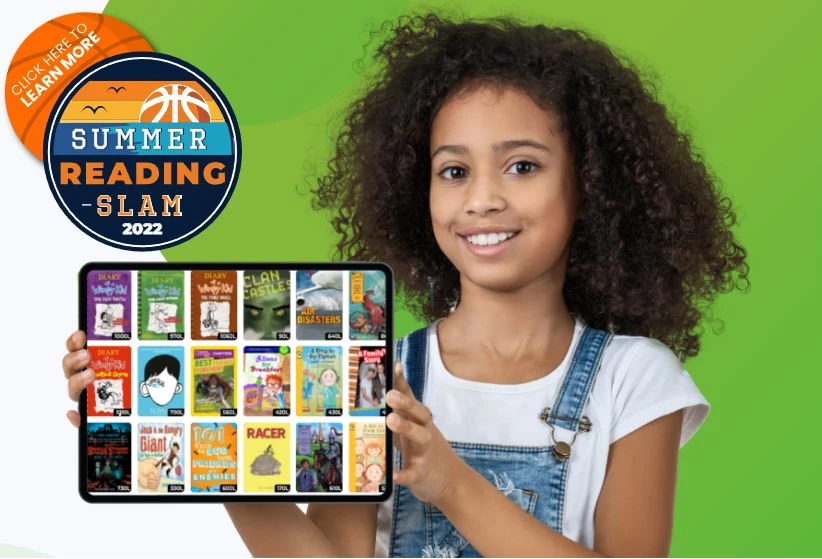
Developing a child’s literacy skills early will reap plenty of benefits later on throughout their lives. Reading is a skill that is needed in every subject area in school. If a child has developed strong literacy skills early, they are generally earning solid grades in school and more apt to learn outside of school as well.
It Starts Early
When born, a baby’s brain is only 25 percent of the size it will eventually grow to be. By the age of three, the brain will be 80 percent of its adult size. During this time, the children are learning at an astounding rate. The goal should be to take advantage of it and promote literacy skills while their cognitive abilities are being shaped.
According to the research article Rethinking the Brain: New Insights into Early Development, by the age of two, a child’s brain is as active as an adult’s brain at this point. Interestingly, by age three, their brain is twice as active as an adult’s brain. It continues this way until the age of 10.
Whether an educator or a concerned parent, there are several simple strategies you can follow to promote literacy for toddlers at home or in the classroom.
Strategy 1: A Well-Developed Vocabulary Will Improve Cognitive Skills
A child’s vocabulary genuinely increases just from hearing the people around them talking in everyday life. If you want a child to have a strong vocabulary, you have to expose them to the words on a consistent basis.
According to the book Meaningful Differences in the Everyday Experience of Young American Children, a child only hears about 62,000 words per week if growing up in a household that is receiving welfare benefits. If being raised in a working-class family, they hear about 125,000 words per week. Lastly, if being brought up by parents that are more white-collar, they are hearing about 215,000 words per week. All of these words are slowly being entered into their own vocabulary when they are toddlers and will eventually be put to use in the years after.
Strategy 2: Talk to Babies
It is quite easy to facilitate early vocabulary growth even at a very young age. According to researchers, if a mother or father talks to their baby throughout the day, the child will have added almost 300 more words by age 2 than if their parents rarely spoke to them throughout the day.
Strategy 3: Engage Curiosity
If you want a child to become a lifelong learner, you must engage their curiosity. Invite them to lend a hand in whatever you are doing and explain to them why you are doing these things.
For instance, even if just cleaning around the classroom or the house, show them how to do it and explain to them why you are using the products you are. As they become older and they start witnessing you doing other things, such as changing the oil in a car or fixing a computer, continue to show them how it is done. Their curiosity will lead them to consider plenty of interesting careers when they become older.
Strategy 4: Read Early With Toddlers
Promote literacy early and often by reading with the children on a continuous basis. When they are able to read themselves, they will already have a high value placed on books and will continue to read on their own. As the main character said in the film Good Will Hunting when explaining how he became so intelligent to a group of college students, “You wasted $150,000 on an education you coulda got for $1.50 in late fees at the public library.” If you want a lifelong learner, the best thing you can do is have a toddler reading as it will open up a whole new world to them.
Strategy 5: Learn With the Children
There are plenty of things you probably wish you have learned in life that you still haven’t even as an adult. It is never too late. Invite the children along and learn together. Have you always wanted to learn how to paint? Take a class together or if you are an educator, ask a local artist to come into the classroom. Always wanted to be a chef? Again, find someone that can teach all of you at the same time.
Strategy 6: Allow Children to Ask Questions
Teachers and parents often will answer a few questions from a child, but sometimes they will grow frustrated and hit their limit and instruct the kid to stop asking questions after a while. Try not to do this.
An inquisitive child is an active learner. Instead, ask the child to present their questions in a different way. For instance, many children will just ask “Why are you doing that?” or “What does this mean?” or just the one-word question when you ask them to do something “Why?”. Teach them to ask more developed questions than these simple sentences. Have them restate the question in a more acceptable way that will have them contemplate the question much better.

Let LightSail Be of Assistance
LightSail is a comprehensive online literacy program that has thousands of books available for children of all ages. The books can be accessed in mere moments and will have kids reading instantly. Plus, with the Lexile assessments for each book, it is simple to determine if they are comprehending the material appropriately. If the child would like to become an author as well, LightSail allows them to publish their own books for all to see on the platform, too. Remember that literacy is both reading and writing and developing these skills early will only strengthen their education.
Posted on 8.Aug.21 in Literacy Strategies




